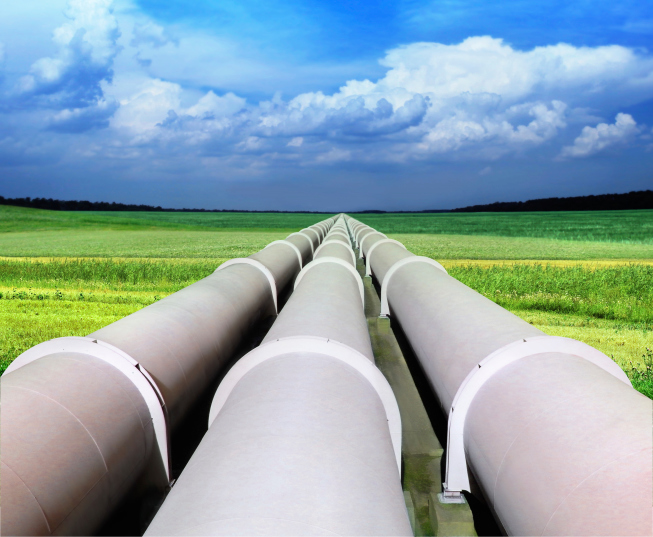The Illinois Commerce Commission (ICC), the agency charged with regulating utilities in the state, approved a proposal to double the capacity of the Dakota Access Pipeline (DAP), from 570,000 bpd to 1.1 million barrels per day (bpd). ICC’s October 14 decision made it the last of the four states DAP passes through to approve the expansion.
Expansion to Begin
The ICC determined the equipment and pumping stations it approved were justified, because the additional oil DAP’s expanded capacity could deliver would benefit the public by securing a steady, relatively inexpensive, supply of oil.
Energy Transfer Partners, DAP’s operator, is in the middle of an ongoing legal battle over an approximately one mile-long stretch of the 1,127-mile pipeline beneath South Dakota’s Lake Oahe that could result in the pipeline’s closure. In addition, the industry faces low oil prices, resulting from a drop in demand for oil during the coronavirus pandemic. Despite these complications, Reuters reports Energy Transfer Partners said in an email it looks forward to beginning work on DAP’s capacity right away.
“We are pleased with the decision by the ICC … this now allows us to proceed with the optimization of the pipeline and allows our labor union partners to go to work,” Lisa Coleman, senior public relations and communications specialist with Energy Transfer Partners, said in an email.
Pipeline expansion will benefit consumers, said Chris Ventura, Midwest director of the Consumer Energy Alliance in a statement praising the decision.
“This vital project will bring an additional half a million barrels a day of domestic energy from North Dakota that will be used to fuel our farms, communities and lives in Illinois, and across the Midwest,” Ventura said. “It’s critical we continue to support and expand our nation’s pipeline infrastructure like DAPL to help family budgets and keep our economy moving – especially in this time of recovery from COVID-19.”
H. Sterling Burnett, Ph.D.(hsburnett@heartland.org)is the managing editor of Environment & Climate News.


























